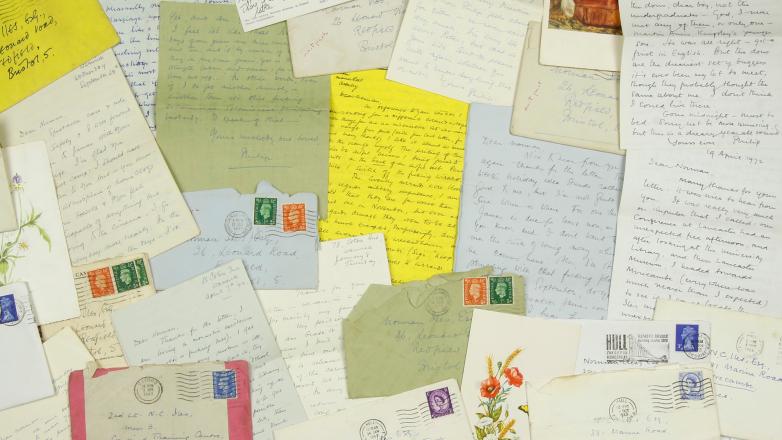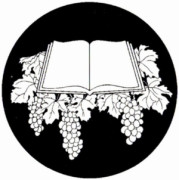The Antiquarian Book Trade Innovates in the Wake of COVID-19

The forty-one year correspondence from Philip Larkin to his friend and fellow poet Norman Iles, comprising fifty-eight long letters written over the course of Larkin’s adult life, offered by Jonkers Rare Books.
The antiquarian book trade has been adapting to the Internet since Amazon launched its business in 1995, but the COVID-19 crisis has pushed everyone to reconsider their business model and get (even more) creative in their approach to bookselling. This has become apparent with booksellers, fair organizers, and auction houses.
The latest catalogue from Jonkers Rare Books is a perfect example of using one’s time wisely, as schoolteachers used to say. The topic is poetry in English from Chaucer to Plath, including an incredible collection of Philip Larkin’s correspondence with fellow poet Norman Iles (pictured above). However, instead of the downloadable PDF we’ve all come to expect via email these days, Jonkers has delivered something extra-special. They’ve built in interactive browsing tools: you can scroll through multiples images of each book without leaving the page, and each item description displays two buttons—one for ordering, another for asking a question. They’ve also managed to embed into the catalogue recordings of poets reading their work, so you can, for example, listen to T.S. Eliot reading from “The Waste Land" while perusing a limited edition of said title printed at the Officina Bodoni for Faber & Faber in 1961. And all this clicking around is seamless. Bravo!
Book fair organizers are also scrambling with this kind of challenge, i.e., how to host a virtual book fair with some panache, as they plan the next few months’ worth of events. So far, May and early June dates have been announced for the IOBA Virtual Rare Book Fair, Firsts-London’s Rare Book Fair (Online), the ABAA Virtual Book Fair, and the Rose City Virtual Book & Paper Fair, which is planning “virtual booths.” Marvin Getman is also in the planning stages for virtual fairs, having surveyed booksellers to solicit ideas for how best to accomplish this; to that end, he has hired a web developer and a designer to try to make the experience “as close as possible to visiting a physical fair.” It will be interesting to see what all of the organizers come up with!
Auction houses, for their part, have long been holding their auctions with complementary online bidding. Still, the days between mid-March and early May were eerily quiet as small, mid-size, and large houses had to re-envision their events. But things are beginning to rebound a bit, and we’re seeing houses like Christie’s and Sotheby’s arrange major book sales to be held entirely online instead of being pushed off to later in the year. The idea of week-long curated sales with several hundred lots, while not new, seems like a good tactic for the time, namely Hindman Auctions’ week of Fine Art & Design auctions beginning May 19 and Christie’s “Classic Week,” which will run June 2-19.
For more on how COVID-19 is affecting the trade, read about/watch last month’s ILAB webinar.
















